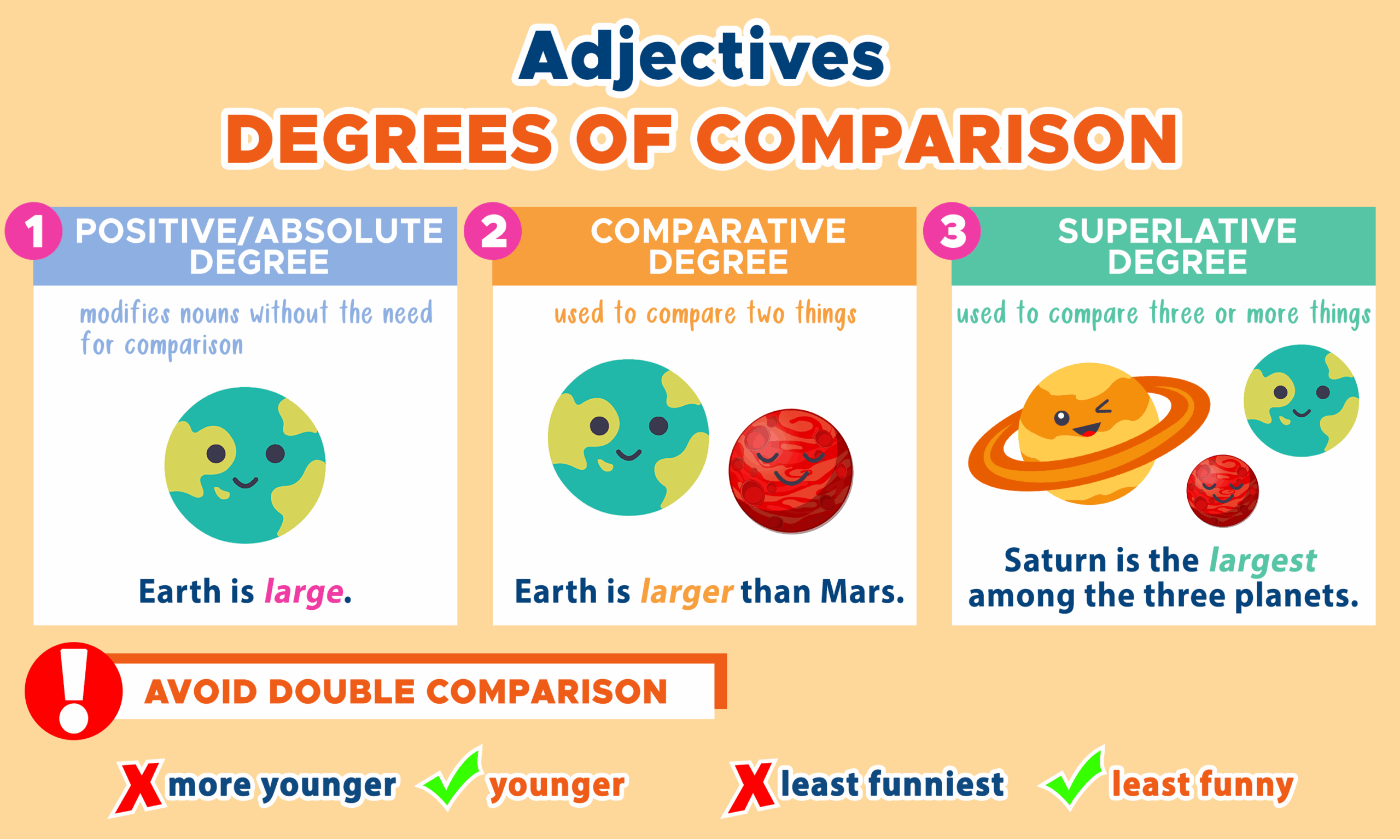In the manifold facets of human existence, the intrinsic behavior of comparison emerges as a poignant theme that often shapes our perceptions and emotional landscapes. Within the teachings of the Bahá’í Faith, the notion of comparison is portrayed as a subtle but insidious thief of joy. Understanding this concept requires delving into its psychological underpinnings, its ramifications in social contexts, and, ultimately, the Bahá’í principles that guide individuals towards a more fulfilling existence free from the corrosive effects of comparative thinking.
The Nature of Comparison
Comparison is a ubiquitous aspect of human cognition. It equips individuals to navigate social landscapes, create benchmarks, and gauge personal progress. While this trait can be advantageous, urging us to strive for improvement, it can also lead to deleterious consequences when utilized excessively or improperly. The incessant evaluation of oneself against others can engender feelings of inadequacy, resentment, and discontent.
Psychologically, the tendency to compare arises from deep-seated insecurities and the desire for validation. In this age of information and social media saturation, individuals are incessantly bombarded with curated versions of others’ lives. This phenomenon can exacerbate feelings of inferiority: individuals may arrive at the erroneous conclusion that their experiences are somehow less valid or meaningful than those of their peers.
Theological Perspectives: Insights from the Bahá’í Teachings
Bahá’í teachings illuminate a path toward transcendence over detrimental comparison. Central to these teachings is the acknowledgment of the inherent worth and uniqueness of every individual, a doctrine established by Bahá’u’lláh. He emphasizes that each person is created with a unique set of talents, abilities, and spiritual capacities. Thus, comparing one’s self to another is fundamentally flawed; it fails to recognize the distinct journey that each individual is undertaking.
Furthermore, the Bahá’í perspective advocates for a shift from comparison to aspiration. Rather than measuring oneself against others, individuals are encouraged to aspire for self-improvement based on their own potential and spiritual growth. This transition fosters a spirit of gratitude and appreciation for one’s own life instead of fostering envy and dissatisfaction.
Comparison in Social Contexts: The Broader Implications
The ramifications of comparison stretch far beyond individual self-esteem; they permeate societal interactions and communal harmony. When individuals dwell in the realm of comparison, they often cultivate an atmosphere of competition rather than cooperation. This competitive mindset can fracture relationships, instill distrust, and perpetuate divisions within communities. Conversely, the Bahá’í principle of unity underscores the importance of collaboration and mutual support. By focusing on collective advancement rather than individual rivalry, communities can thrive in an environment imbued with joy and fulfillment.
Strategies to Alleviate the Thief of Joy
To counteract the detrimental effects of comparison, individuals can employ several practical strategies:
- Self-Reflection and Mindfulness: Regular practices of reflection can foster self-awareness and understanding. Mindfulness enables individuals to acknowledge their thoughts without judgment, fostering a greater sense of peace. By cultivating an understanding of one’s own achievements and aspirations, the impulse to compare can be significantly diminished.
- Gratitude Journaling: Maintaining a gratitude journal serves as a powerful antidote to comparison. By routinely noting down aspects of life for which one is grateful, individuals can redirect their focus from what they lack to what they possess. This simple yet profound practice encourages appreciation for the unique journey each person is on.
- Limiting Social Media Consumption: In a world dominated by social media, the temptation to compare can be overwhelming. Intentionally reducing exposure to platforms that trigger feelings of inadequacy can mitigate the negative effects of comparison, fostering a healthier mental state.
- Engaging in Community Service: Actively participating in community service can shift the focus from individual concerns to collective betterment. In service to others, individuals often rediscover their purpose and connection to a larger whole, enriching their lives with joy and fulfillment.
The Resolution: Embracing Individuality
Ultimately, the path toward alleviating the thief of joy lies in embracing individuality. Celebrating one’s unique journey fosters a profound sense of fulfillment. The Bahá’í teachings advocate for an unwavering recognition of the fact that every soul contributes to the tapestry of humanity in a remarkable and irreplaceable manner.
As followers of Bahá’í principles strive to avoid the trappings of comparison, they are called to embody compassion and kindness. Such virtues serve not only to enrich their own lives but also to cultivate a sense of community and interconnectedness. In this light, the recognition of shared humanity becomes a powerful force against the isolating effects of comparative thinking. When individuals acknowledge that each journey is distinct and valuable, the shackles of comparison gradually dissolve, paving the way for enduring joy and collective growth.
In conclusion, while comparison may serve as a habitual inclination, the teachings of the Bahá’í Faith illuminate avenues for liberation from its insidious effects. By embracing individuality, fostering gratitude, and shifting focus toward personal aspirations, one can reclaim the joy that comparison so often obscures. In this pursuit, communities can flourish, and individuals can cultivate lives rich in purpose and meaningful connections.
